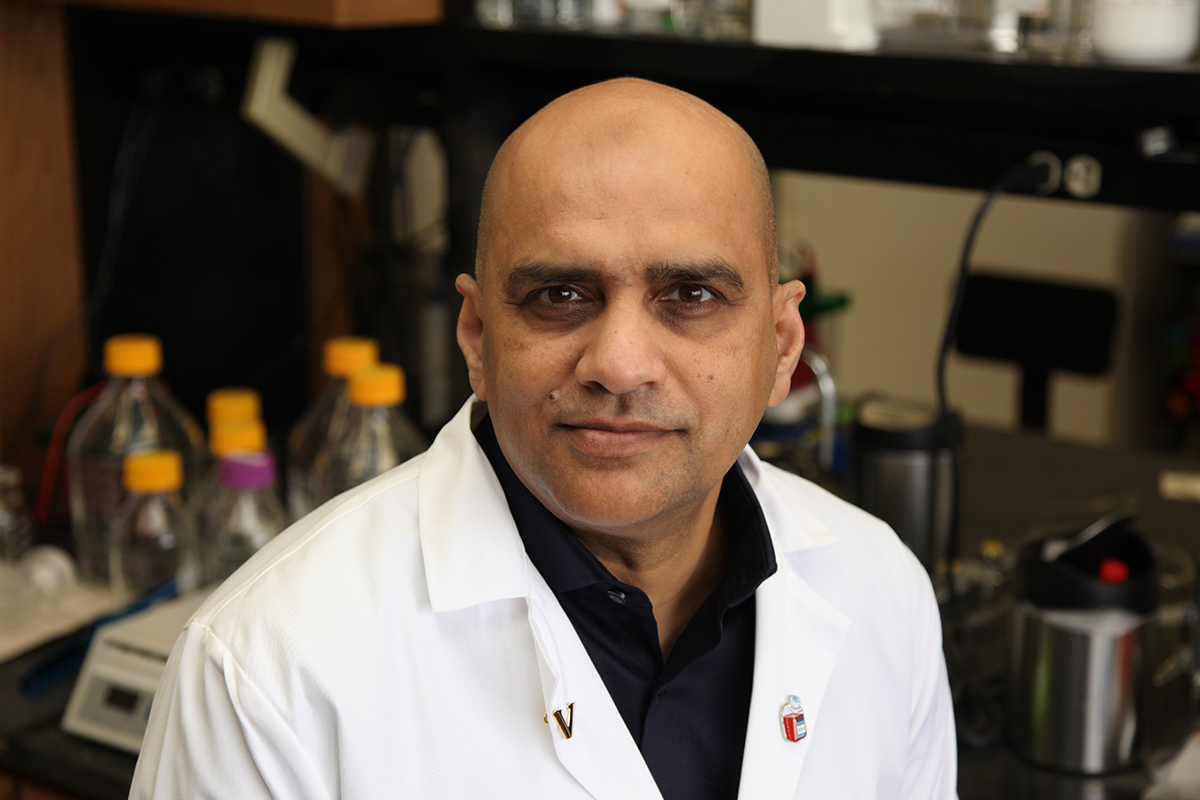By Ansari Aleem

For me, Ramadan—the month of fasting—is about the Quran, worship, prayer, and generosity. Fasting is one of the pillars of Islam and is mandatory for a healthy adult Muslim. I have been practicing fasting ever since I can remember.
For me, fasting is a way to get closer to the Almighty Creator, as he pronounced, “Every deed of the son of Adam is for him except fasting; it is for Me and I shall reward for it…” Total abstention from food and drink during fasting makes me realize how it feels to be hungry and inspires me to give more towards charity. In fact, like my fellow Muslims, I give my Zakat during this month. Zakat is another pillar of Islam in which the Almighty Creator requires Muslims to pay ~2.5% of their yearly wealth to charity. Payment is made to the poor and vulnerable as their divinely established right. By doing so, I am fulfilling my Zakat obligation, and I believe that I will be rewarded manifold for this act of worship.
During the month of Ramadan, I increase my acts of worship and try to pray during the last third of the night, when supplications are answered by the Almighty Creator. I also increase my effort in worshiping during the last 10 nights since Laylat al-Qadr happens then. Laylat al-Qadr, the Night of Power, is considered by Muslims to be the holiest night of Ramadan, as it is the night when the Creator sent down the Quran from the seventh to the first level of heaven, where it was placed in Bayt al-‘Izzah or The House of Honor. It was then revealed to Prophet Muhammad (peace and blessings of Allaah be upon him) in stages over twenty-three years. Laylat al-Qadr occurs on one of the last 10 days of Ramadan, but the exact night is unknown. Worshiping on this night is equivalent to 1,000 nights of worship.
At the end of Ramadan, I look forward to celebrating Eid, the “Feast of Breaking the Fast”!